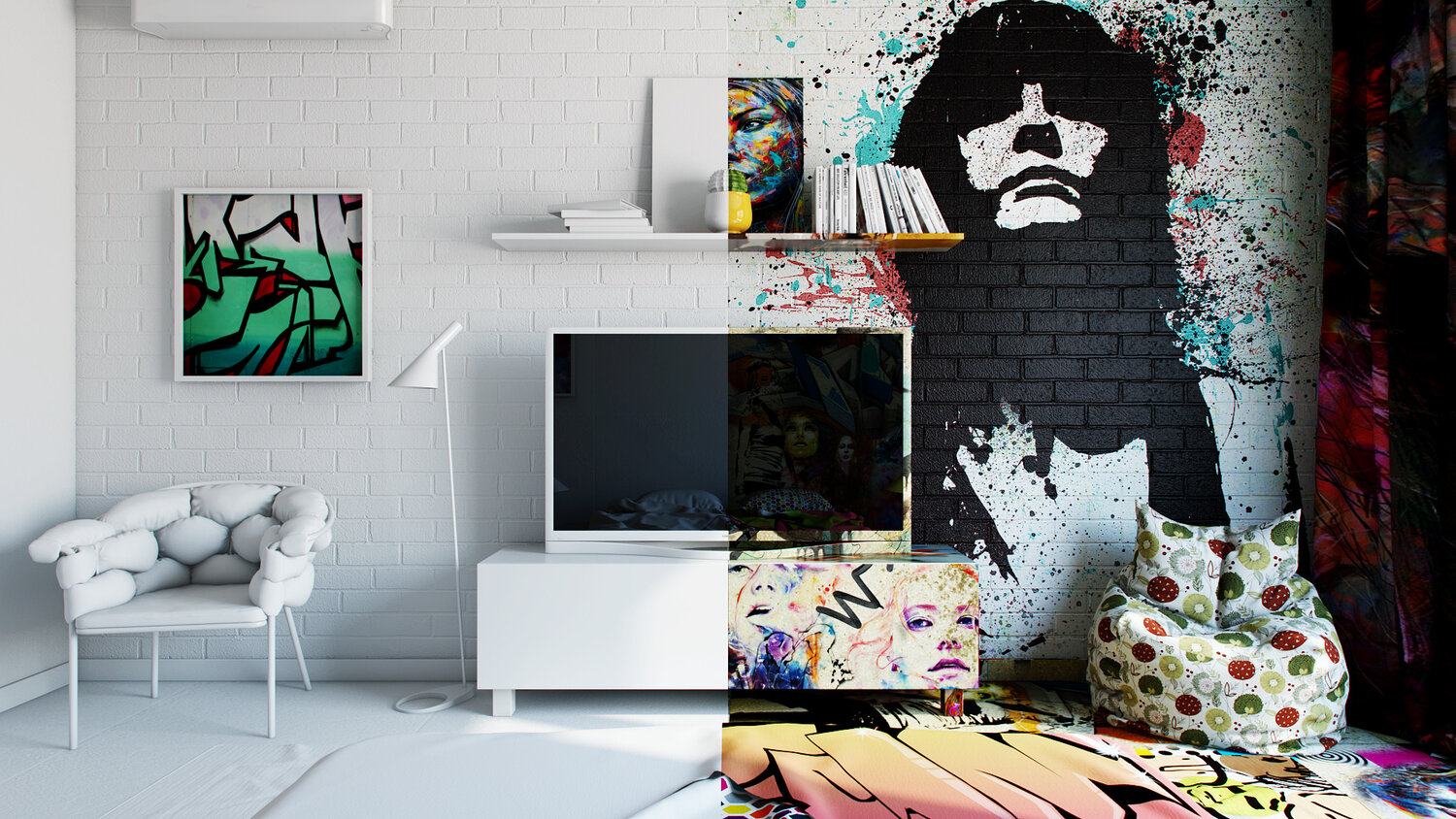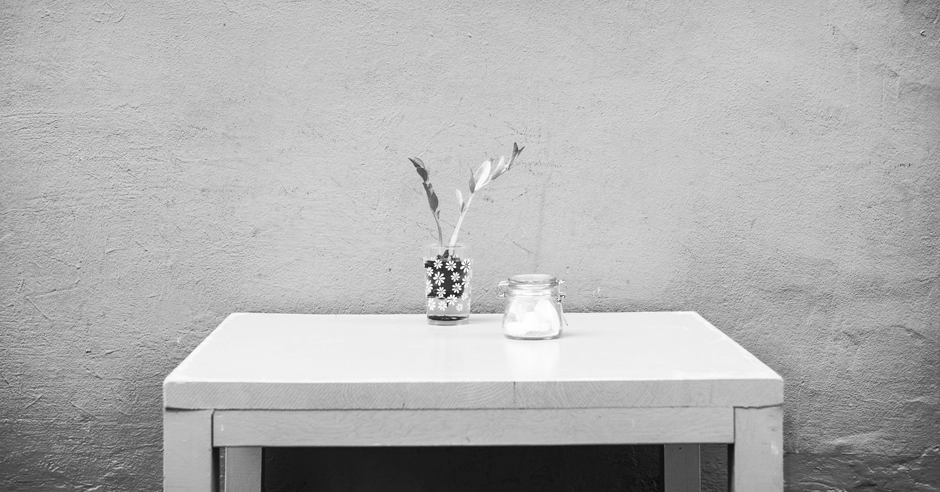Important Tips for Integrating Minimalism into Your Personal and Expert Life
Important Tips for Integrating Minimalism into Your Personal and Expert Life
Blog Article
Recognizing Minimalism: Approaches for Minimizing Clutter and Enhancing Clarity in Everyday Living
Minimalism is significantly identified as a practical technique to boosting quality and emphasis in today's cluttered globe. By systematically assessing our properties and focusing on intentionality, we can produce areas that not only reflect our worths but likewise advertise mental wellness. Using approaches such as the "Four-Box" method can promote a more organized setting, yet real difficulty depends on growing a minimal attitude that maintains these initiatives. Checking out the nuances of this approach might expose shocking understandings right into exactly how you can transform your everyday life. What might you discover when you welcome this willful simplicity?
Specifying Minimalism and Its Benefits
Specifying minimalism entails recognizing it as a way of life option that highlights simpleness and intentionality in both physical belongings and everyday routines. At its core, minimalism encourages individuals to prioritize what genuinely matters, enabling a much more significant and focused existence. By stripping away the non-essential, minimalism welcomes people to involve deeply with their environments and experiences.
It cultivates psychological clarity, as decreasing clutter in one's setting can lead to lowered distractions and stress. Minimalism advertises economic freedom; by prioritizing demands over desires, individuals can make even more educated investing in decisions, leading to potential financial savings and lowered financial debt.
Eventually, minimalism is not merely about material decrease yet involves a holistic change in perspective, cultivating a life characterized by balance, satisfaction, and function. Accepting this way of living can cause extensive adjustments in how individuals view and interact with the world around them.
Assessing Your Current Mess
Clutter commonly materializes as an overwhelming buildup of products that no longer offer an objective, creating a barrier to achieving a minimal lifestyle. Take note of specific categories of items, such as clothes, publications, or cookware, as this will help you recognize the extent of the clutter.

Additionally, think about the regularity of usage for every thing. It may be a candidate for elimination if something has not offered a purpose in the previous year. This assessment will certainly not only clarify your relationship with your possessions yet will also establish the structure for efficient decluttering in the future. Ultimately, recognizing your existing mess is a vital step towards welcoming minimalism and enhancing clearness in your day-to-day living.

Practical Decluttering Techniques
Having analyzed your present mess, the next action is to execute useful decluttering methods that assist in an even more arranged living space. Minimalism. One efficient approach is the "Four-Box" strategy, where you mark four boxes labeled: keep, donate, trash, and relocate. This approach encourages quick decision-making and makes certain things are classified properly
An additional approach is the "One in, One out" rule, which stipulates that for each new item acquired, an existing thing has to be removed. This principle assists preserve equilibrium and avoids accumulation in time. In addition, consider the "30-Day Minimalism Video Game," where you eliminate one item find more info on the very first day, two on the second, and so forth, cumulatively cultivating a sense of achievement.
Limitation on your own to a particular number of treasured things, permitting you to appreciate their significance without frustrating your area. By employing these strategies, you can develop a much more calm and effective living room, ultimately improving clearness in your day-to-day life.
Creating Deliberate Areas
Developing intentional spaces includes a thoughtful approach to how we design and organize our atmospheres, ensuring each location offers a details function and reflects our worths. This practice is necessary in cultivating a sense of clarity and function in our day-to-day lives. By seriously examining the function of each room, we can eliminate interruptions and enhance our overall health.
To develop intentional areas, begin by determining the key tasks that will certainly take place in each area. For example, a home workplace should be designed to cultivate productivity, including elements such as ample lighting, comfortable look at here now furniture, and marginal diversions. In contrast, a relaxation location need to advertise peace, including relaxing colors and comfortable seating.
Furthermore, think about the psychological impact of your environments (Minimalism). Incorporating personal products that reverberate with your worths, such as art work or plants, can boost the link to your space. Consistently assess these settings to guarantee they remain to offer their desired function as your needs develop
Ultimately, creating willful spaces is about making mindful selections that straighten with your way of living, promoting harmony and efficiency in your living and functioning settings.
Maintaining a Minimalist Mindset
Embracing a minimal frame of mind needs continuous representation and intentionality in our actions and ideas. Establish aside time to examine your commitments, possessions, and also digital content, ensuring they line up with your core concepts.
One more secret approach is to practice appreciation. Acknowledging what you currently possess fosters contentment and lowers the desire for extra. This change in viewpoint motivates appreciation for simplicity, enhancing total well-being. Integrating mindfulness techniques, such as reflection or journaling, can even more enhance a minimal attitude by promoting quality and lowering mental clutter.
In addition, develop limits to protect your energy and time. Discover to say no to non-essential obligations and disturbances that do not add to your personal development. Surround yourself with similar people that support your minimalist journey, as shared worths can improve inspiration and responsibility.
Final Thought
Finally, accepting minimalism provides substantial benefits, consisting of minimized clutter and enhanced clearness in life (Minimalism). By systematically evaluating possessions and applying practical decluttering techniques, people can create intentional areas that foster mindfulness and gratefulness. Keeping a minimal mindset why not check here calls for recurring assessment and commitment to simplicity, inevitably bring about an extra concentrated and satisfying way of life. The principles of minimalism work as beneficial tools for cultivating an environment that supports personal development and wellness.

In addition, take into consideration the "30-Day Minimalism Game," where you remove one product on the very first day, 2 on the 2nd, and so forth, cumulatively promoting a feeling of accomplishment.
In final thought, accepting minimalism supplies substantial benefits, consisting of decreased clutter and enhanced quality in daily life.
Report this page